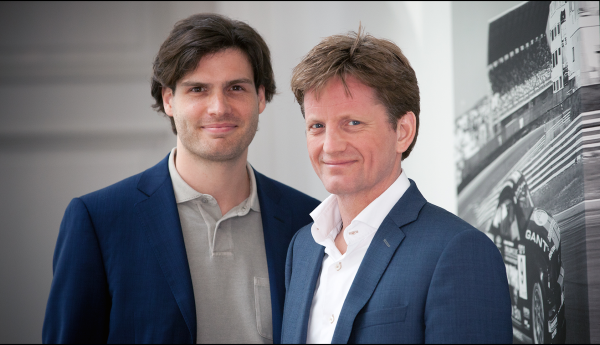On the picture Ms. Neelie Kros, International Circle of Influencers.
By Duke Michael of Mecklenburg & Baron Henri Estramant
Former European Commissioner and Dutch politician Neelie Kroes began at the beginning of 2015 the “International Circle of Influencers” in conjunction with HRH Prince Constantijn of the Netherlands and others. The latter association encompasses investors, top business people, engineers and government officials from the USA, Europe and Asia.
Together they strive at buttressing up the Dutch startup ecosystem to make it one of the most dynamics, accessible and innovative. The circle was already welcomed by Prime Minister Mark Rutte on 8 June 2015 at the Catshuis in The Hague, to draw up the methods for a detailed study on how exactly best to achieve their goals.
Neelie Kroes acts in the capacity of “Special Envoy” from the Prime Minister, the Minister of Economic Affairs, Henk Kamp, and the Mayor of Amsterdam, Eberhard van der Laan.
The “International Circle of Influencers” is but an arm of the larger project, StartupDelta, which profiles itself as “One single hub for startups”. Amsterdam, the kingdom’s capital, plays a pivotal role for the public-private partnership for the city already plays a conspicuous role as a rather positive and attractive face for the entire Netherlands in order to entice talent to the country. In terms of startup innovation, the canals city ranks high, ranking no. 4 within the EU, and 19 globally. Moreover StartupDelt
In spite of the country’s small size, Dutch startups as for instance Booking.com, Adyen and Shapeways are changing the way people worldwide travel, pay and build their homes. One should also not forget that Wi-Fi, CD, Bluetooth and the DVD were all invented in the Low Countries.
Multinationals, banks, think tanks and institutions such as Royal Philips, TNO (Netherlands Organisation for Applied Scientific Research), ING or ASML are already part of the prestigious network of StartupDelta. Amongst the influential business people StartupDelta counts Ron Mobed (Elsevier), Feike Sijbesma (DSM), Peter Wennink (ASML), Pieter van der Does (Ayden), Werner Vogels (Amazon), Robert Verwaayen (RoBen) or Paddy Cosgrave (Web Summits).
The Dutch presidency of the European Council in the first semester of 2016 is envisaged to provide a forum for StartupDelta to become very active in the European scene, and further promote The Netherlands as a top destination for businesses and above all startups and innovations. In fact, the organisation already works very closely with the permanent representation in Brussels led by HE Ambassador Pieter de Gooijer.
For more information:
StartupDelta: http://
Catshuis: www.rijksoverheid.
Permanent Representation of the Kingdom of the Netherlands to the EU: http://eu.nlmission.org/






















